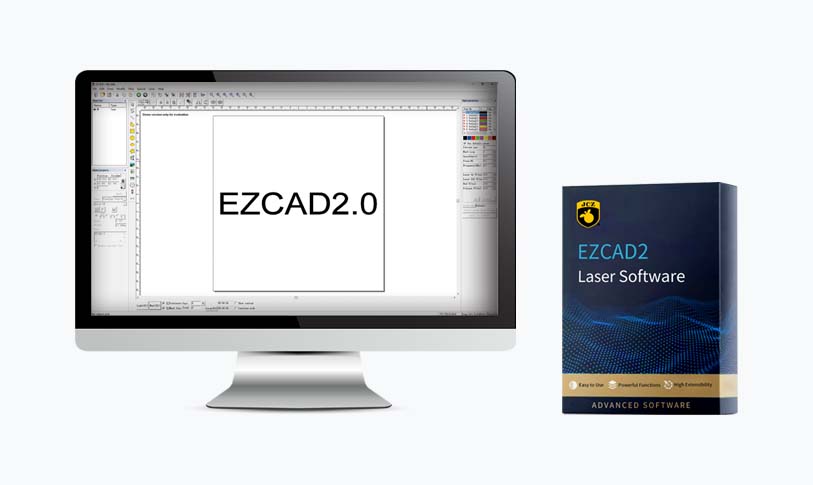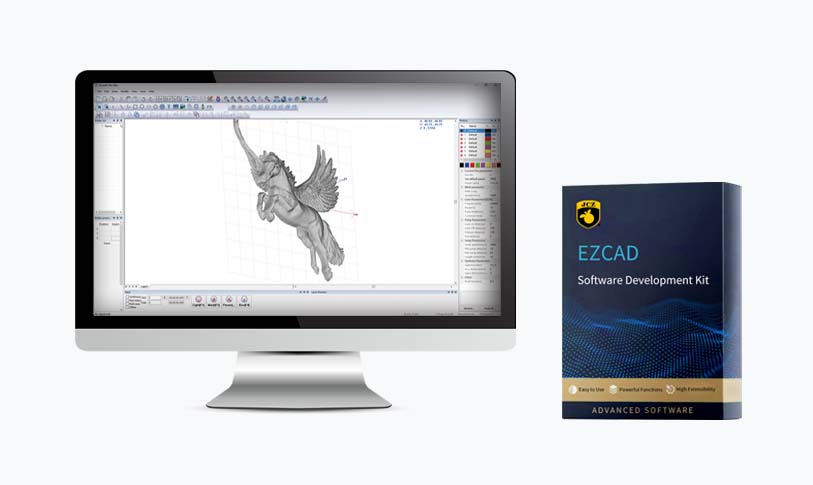****

Understanding CO2 Laser Cost: Factors Influencing Price and Making the Right Investment for Your Business
CO2 laser technology has become an essential tool across various industries, from medical and aesthetic applications to industrial cutting and engraving. As businesses and professionals consider integrating CO2 laser systems into their operations, one of the most pressing questions arises: what is the CO2 laser cost, and what factors influence it?
Overview of CO2 Laser Systems

Understanding CO2 Laser Cost: Factors Influencing Price and Making the Right Investment for Your Business

Understanding CO2 Laser Cost: Factors Influencing Price and Making the Right Investment for Your Business
CO2 lasers are gas lasers, which utilize a mixture of gases—primarily carbon dioxide, nitrogen, and helium—as the lasing medium. They emit infrared light that is highly effective at cutting, engraving, and welding materials such as wood, acrylic, glass, and even metals. Given their versatility and utility, investing in a CO2 laser machine can significantly enhance productivity and efficiency.
Key Factors Influencing CO2 Laser Cost
1. **Type of CO2 Laser System**
The cost of a CO2 laser system can vary widely based on the type of machine. On the market, you’ll find several types, including: – **Industrial CO2 Lasers**: These systems are designed for heavy-duty applications and can cost anywhere from $10,000 to over $100,000 depending on power output and capabilities. – **Desktop CO2 Lasers**: Ideal for small businesses and hobbyists, these smaller units can range from $1,000 to $10,000. They offer less power but are still suitable for many tasks like engraving and cutting lighter materials.
2. **Power Output**
The power of the laser was a significant factor in determining cost. Higher wattage lasers can perform cutting and engraving more rapidly and efficiently, suitable for thicker materials. For example, a 30-watt CO2 laser might cost significantly less than a 150-watt model, which can reach several tens of thousands of dollars.
3. **Features and Technology**
Advanced features such as automation, integrated cooling systems, enhanced optics, and advanced software can increase the cost of a CO2 laser. Systems equipped with advanced technology to enhance precision and efficiency, such as real-time monitoring or automatic focus adjustment, generally command a higher price.
4. **Brand and Manufacturer Reputation**
Well-established brands and manufacturers may provide a premium for their products. Investing in a reputable brand may offer benefits like better customer service, warranties, and availability of replacement parts. On the other side, new or lesser-known brands can offer lower prices but may lack in reliability and support.
5. **Accessories and Additional Costs**
Additional costs associated with a CO2 laser investment include essential accessories like lenses, mirrors, exhaust systems, and cooling units. Businesses should also account for ongoing operational costs, including maintenance, materials, and electricity.
6. **Usage and Application**
The intended use of the CO2 laser system can also dictate its cost. A machine meant for high-volume production or specific, intricate applications may need to be more advanced and thus more expensive compared to one used for occasional projects.
7. **Market Demand and Geographical Location**
Market demand changes can impact prices. Regions with a high demand for laser services may see elevated prices for both equipment and operational costs. Furthermore, shipping costs and import taxes can also affect the total expenditures for businesses purchasing CO2 lasers from outside their local market.
Making the Right Investment
Before making a purchase, thorough research is crucial. Prospective buyers should consider their specific needs: – What materials will be primarily processed? – What thicknesses and types of cutting or engraving are required? – What is the expected volume of work?
Comparing different models and brands while reading reviews and seeking recommendations from current users can provide valuable insights. Attending trade shows or workshops can also allow potential buyers to see machines in action and better understand the capabilities of different models.
Conclusion
The cost of a CO2 laser system can vary widely depending on numerous factors, from the type and power of the machine to additional features, accessories, and the reputation of the manufacturer. While the initial investment can be significant, the potential for increased productivity and the expansion of service offerings can make CO2 lasers a worthwhile investment for businesses in various sectors. By carefully assessing needs and budget, businesses can find a CO2 laser solution that fits their objectives and facilitates growth in a competitive environment.picosecond lasers


